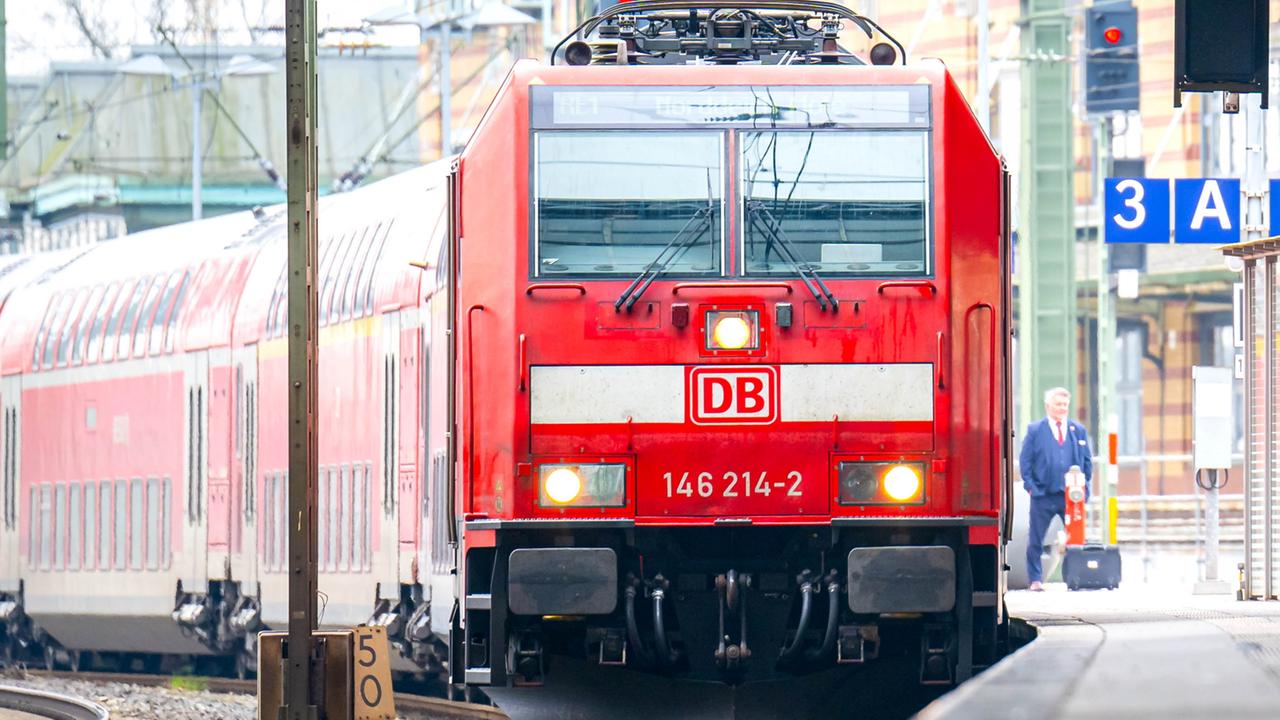The GDL went on strike six times – now there is good news for rail travelers: The train drivers' union and the company announced that they had reached an agreement in the collective bargaining dispute. Details are to be announced on Tuesday.
The train drivers' union GDL and Deutsche Bahn have reached an agreement in their month-long collective bargaining dispute, thereby averting further strikes. The GDL announced this in the evening. A railway spokesman confirmed the agreement at the request of the dpa news agency.
According to the GDL, details still need to be clarified. “That’s why we won’t reveal anything more today,” said RBBCorrespondent Anke Hahn in the daily News. Both sides want to provide information about the details in separate press conferences in Berlin on Tuesday morning. In any case, train passengers are no longer threatened with strikes.
Bahn and GDL recently negotiated again
In mid-March, the company and the union announced that they had resumed negotiations. Both the railways and GDL boss Claus Weselsky recently expressed confidence that an early solution to the conflict could be reached. The railway said at the time that an agreement had already been reached on many issues. Both sides had agreed to remain silent until the collective negotiations were concluded.
The dispute between Bahn and GDL had previously been deadlocked for a long time. The two sides most recently sat together behind closed doors for several weeks in February to find a solution to the collective bargaining dispute. Former Federal Interior Minister Thomas de Maizière and Schleswig-Holstein's Prime Minister Daniel Günther (both CDU) presented a compromise proposal as external mediators.
Reduction in working hours was Main point of contention
A main point of contention recently was a reduction in working hours for shift workers from 38 to 35 hours per week, demanded by the GDL, with the same salary. The compromise proposal called for a reduction in weekly working hours in two steps to 36 hours by 2028 with full wage compensation – the railway had accepted this. However, the GDL refused.
According to the GDL, the railway also pushed for the elimination of previous vacation options models, which the union rejected. In addition, the GDL was dissatisfied with the wage increase offered so far and the term of the collective agreement: the proposed 30 months were clearly too long. The GDL declared the negotiations to have failed: Two further strikes followed with significant restrictions on passenger traffic.




